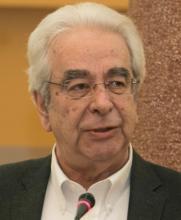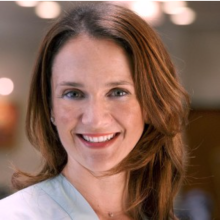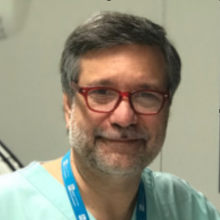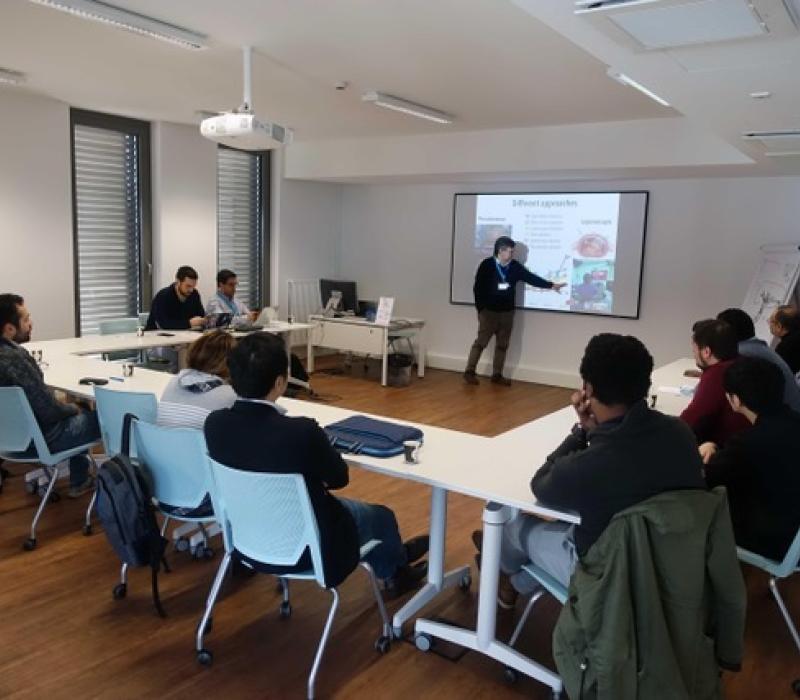Fundamentals of Training
Introduction
Presentation
Crash course on the fundamentals of learning theories, find a review of how to implement structured teaching objectives, and to design a surgical training curriculum.
 8
lessons
8
lessons
 8
speakers
8
speakers
 02:03
hours
02:03
hours
 268
followers
268
followers
Course directors

Evangelos Georgiou MD, PhD
President of the International Educational Committee of American College of Surgeons (AEI)
Director at Simulation Center, Athens University Medical School

Silvana Perretta MD, PhD
Education Director of IHU Strasbourg
Vice-President IRCAD

Mariano Giménez
Scientific Director of Percutaneous Surgery, IHU Strasbourg
Chair of Excellence in Percutaneous Surgery Strasbourg University

Objectives
To identify fundamentals of adult learning theory and pedagogy, and to offer effective feedback to trainees
Fundamental elements of adult education theory
How to learn? Fundamentals Concepts of adult education, andragogy, and continuing professional development are adressed in this keynote lecture by Pr. Richard Satava.
Lessons learned in 25 years of experience in an advocate surgical training center
Training in minimal-invasive and image-guided surgical techniques is challenging because of the layers of complexity present; understanding the needs, challenges, advantages and success of an advocate surgical education center are looked at in this keynote lecture by Pr.
The Journey to Mastery in the Art of Surgery
Dr Pellegrini discusses what it currently means to be an excellent surgeon and how to reach mastery in the art and science of surgery, beyond technical ability.
Fundamental Theories Behind Medical Education
In this lecture, Dr Qayumi presents fundamental theories behind medical education, and addresses the specific questions : how do we learn ? how do we make clinical decision ? how do we improve clinical decision making, and the role of virtual simulation in medical education.
How to Design a Surgical Innovation Training Curriculum?
In this presentation, Pr Perretta discusses the importance of innovation in the medical and surgical fields and describes successful curricula helping innovators to become entrepreneurs.
Developing structured teaching objective and establishing benchmark criteria for skills processing
The proficiency measurement from novice to expertise may be based on models of skill acquisition such as Dreyfus and Dreyfus. At the same time healthcare practitioners seek an appropriate measure of teaching objectives for simulation-based surgical skills curricula. In this lecture, Dr.
How to Set Up and Deliver Effective Training Sessions
In this lecture Pr. Alex Mottrie discusses the common challenges of a surgical training session. Fundamental concepts and a state-of-the-art review of proficiency-based progression (PBP) training are also touched upon.
Simulation Why, How and Where?
Pr Swanström will answer the key questions around simulation in surgery: why, who, how, when and where.
